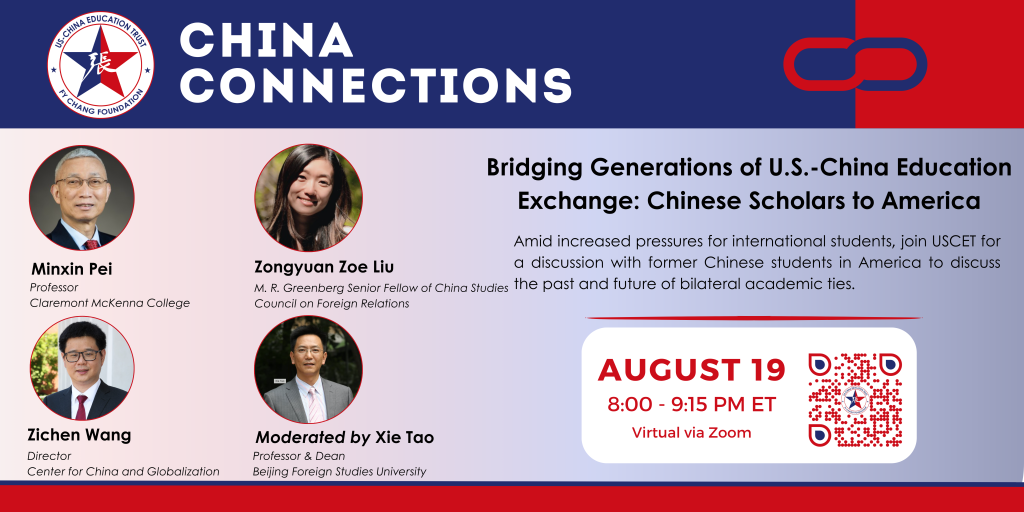
On August 19, USCET presented an online webinar – “Bridging Generations of U.S.-China Education Exchange: Chinese Scholars to America” – as the latest installment of the China Connections series and the second session of a two-part webinar series on U.S.-China education exchange. Chinese scholars from different generations shared their experiences studying in the United States. Dr. Xie Tao, Professor and Dean at Beijing Foreign Studies University, moderated the discussion, joined by Dr. Minxin Pei, a political science professor at Claremont McKenna College, Dr. Zongyuan Zoe Liu, Senior China Studies Fellow at the Council on Foreign Relations, and Zichen Wang, founder of Pekingnology and international scholar of Chinese policy. The panelists shared their personal accounts of studying in the United States and reflected on the U.S. and Chinese policies, politics, and public perceptions that shaped their own motivations to study abroad and the broader trajectory of Chinese students coming to the U.S.
USCET Executive Director Rosie Levine opened the event by framing the conversation around the increasing challenges of U.S.-China education exchange and building upon the themes of the previous webinar, which explored the experiences of American scholars in China. Both webinars were made possible with the generous support of the U.S. Embassy in Beijing, China.
Moderator Dr. Tao Xie was the first to share his experience of coming to the U.S. as a Chinese international student. From his first arrival in the United States in 2001, a few days before the September 11th terrorist attack, until today, Dr. Xie has witnessed the wax and wane of Chinese scholars’ flow to the U.S., including the significant drop from 2019 to 2024. He attributed this to Chinese students’ reluctance to pursue academic opportunities amid increasingly unfriendly policies toward international students. According to Dr. Xie, this trend could result in fewer talented Chinese students contributing to innovation and research in the United States.
Dr. Minxin Pei noted that when he arrived in the United States as an international student in September 1984, there were only about 15,000 Chinese students in the country, whereas in 1979, there were none at all. He noted that circumstances have, in fact, improved over time. During the 1980s, China posed a challenge to U.S.-China educational exchange: due to information restrictions, Chinese people were largely unaware of the scholarship available for them in America, and this lack of knowledge made many hesitant to pursue opportunities abroad. From his own experience, Dr. Pei recalled that Americans were very welcoming to foreign students despite occasional policy changes at the time. He concluded that educational exchange has served as a vital bridge between China and the United States.
“As long as the bridge is there, we should remain hopeful… We should persuade people in positions of power to keep the bridge intact.”
Dr. Zongyuan Zoe Liu shared her experience as part of a more recent generation. She came to the United States in August 2011 to pursue her master’s degree and described her time as “the peak of the honeymoon period” in U.S.-China relations. Dr. Liu noted the shift in U.S. public opinion toward China in the mid-2010s, when a majority of Americans began viewing China unfavorably and U.S. policy toward China started to change. Her analysis suggested that as China grew wealthier and the U.S. industries declined during this period, politicians began to rally voters by shifting the blame to China as an easy scapegoat. Meanwhile, China lacked the communication tools to counter the anti-China narrative and retaliated by portraying a negative image of the United States. This negative spiral impacted perceptions on both sides and discouraged Chinese students from studying in America.
“My generation [in China] has seen people become rich, but… [the American people] experienced the decline in the American manufacturing industry. It is simply very easy, very catchy, to blame a bogeyman.”
As the panelist with the most recent experience studying in the United States, Zichen Wang shared his perspective and challenged some public perceptions that contributed to unfavorable views of U.S.-China educational exchange. From 2024 to 2025, while Wang was completing a one-year MA program at Princeton University, he found the American people to be friendly and generous, contrary to the negative experiences his acquaintances in China imagined. He also emphasized the symbiotic process in which Chinese students use their talents to advance innovation and research in the U.S., especially in STEM fields, countering the narrative that Chinese students are merely extracting knowledge from the United States and bringing it back to China. Wang noted that many Chinese students wish to stay in the U.S. after graduation to further their careers rather than returning.
“Why do so many bright minds come to the U.S. and not come back?… [The American people] were friendly…[I] did not encounter any instances of racism or hate because I am Chinese.”
Additionally, the panelists discussed the politicization and securitization of the education exchange on the government level in the U.S., and offered that perfect security and de-risking will mean complete decoupling, which will be costly for both countries. The panelists also discussed the current lack of effort to understand China substantively in the U.S., which is a combined result of a more closed China, the abandonment of qualitative understanding in favor of quantification in social studies, and the risks involved for American scholars visiting China.
When asked about the future of the U.S.-China education exchange, the speakers maintained that a reliable channel of exchange and communication must persist to inform “apolitical, nonpartisan, and fact-based” discussions. They emphasized the importance of people-to-people communication to foster mutual understanding, circumvent pervasive disinformation, and dissolve “strategic misunderstandings.” In closing, all panelists encouraged American and Chinese scholars to visit each other’s countries to study and, within each person’s own capacity, promote exchange between China and the United States.
Speaker Biographies
Panelists
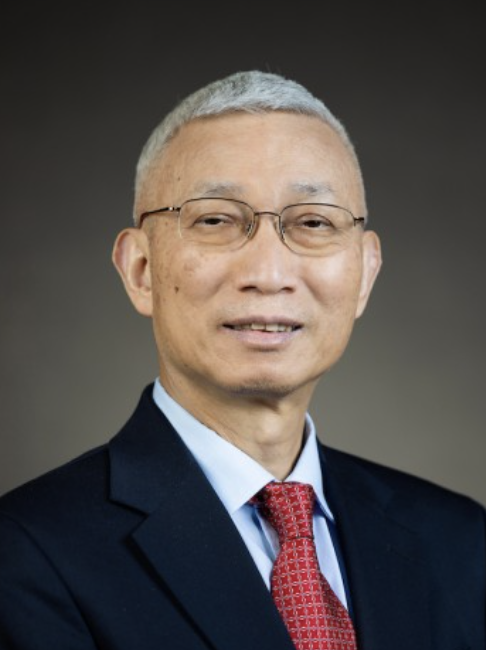
Minxin Pei is the Tom and Margot Pritzker 72 Professor of Government and George R. Roberts Fellow at Claremont McKenna College. In 2019 he was the inaugural Library of Congress Chair on U.S.-China Relations. Prior to joining Claremont McKenna College in 2009, he was a senior associate at the Carnegie Endowment for International Peace and served as its director of the China Program from 2003 to 2008. He was an opinion columnist for Bloomberg (2023-2024) and the author of From Reform to Revolution: The Demise of Communism in China and the Soviet Union (1994); China’s Trapped Transition: The Limits of Developmental Autocracy (2006), China’s Crony Capitalism: The Dynamics of Regime Decay (2016); The Sentinel State: Surveillance and the Survival of Dictatorship in China (2024); and The Broken China Dream: How Reform Revived Totalitarianism (2025).
Minxin received his Ph.D. in government at Harvard and taught at Princeton University (1992-1997). He is the recipient of the National Fellowship at the Hoover Institution at Stanford, the Robert McNamara Fellowship of the World Bank, and the Olin Faculty Fellowship. His op-eds and columns have appeared in the New York Times, the WSJ, the Washington Post, FT, Nikkei Asian Review, Project Syndicate, the Economist, Bloomberg, and many other publications.
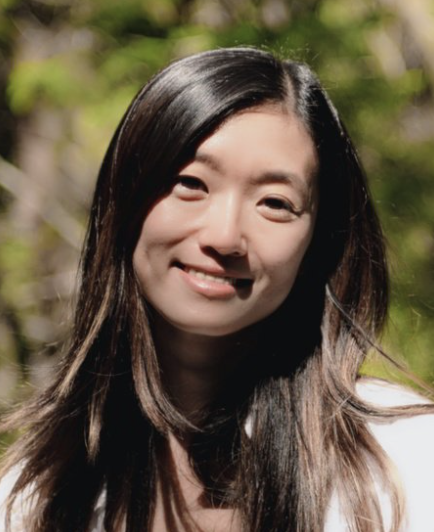
Zongyuan Zoe Liu is Maurice R. Greenberg senior fellow for China studies at the Council on Foreign Relations (CFR). Her work focuses on international political economy, global financial markets, sovereign wealth funds, supply chains of critical minerals, development finance, emerging markets, energy and climate change policy, and East Asia-Middle East relations.
Dr. Liu’s regional expertise is in East Asia, specifically China and Japan, and the Middle East, specifically Gulf Cooperation Council countries. Dr. Liu is the author of Can BRICS De-dollarize the Global Financial System? and Sovereign Funds: How the Communist Party of China Finances its Global Ambitions.
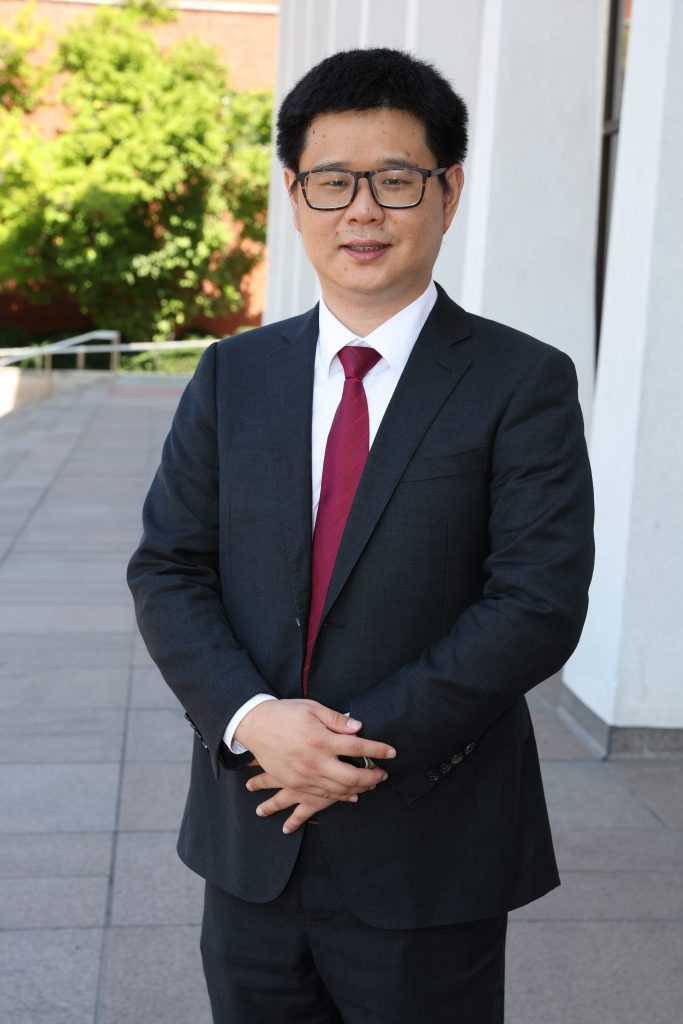
Zichen Wang is Research Fellow and Director for International Relations at the Center for China and Globalization (CCG), a leading non-governmental think tank in Beijing since October 2022. Before that, he worked for over 11 years for Xinhua News Agency in two Chinese provincial capitals, Brussels, and Beijing, where he won many internal awards. He founded Pekingnology, a China newsletter with nearly 20,000 subscribers and also edits The East is Read, with 11,000 subscribers, at CCG. There, he locates, highlights, summarizes, translates, and annotates Chinese policy discussions for an influential global audience.
Zichen has been invited to speak at various think tanks, forums, and events, including the Council on Foreign Relations, Swiss Parliament, Stockholm China Forum, etc. Since July 2024, he has been pursuing a mid-career Master’s in Public Policy at Princeton School of Public and International Affairs (SPIA) on a SPIA fellowship.
moderator
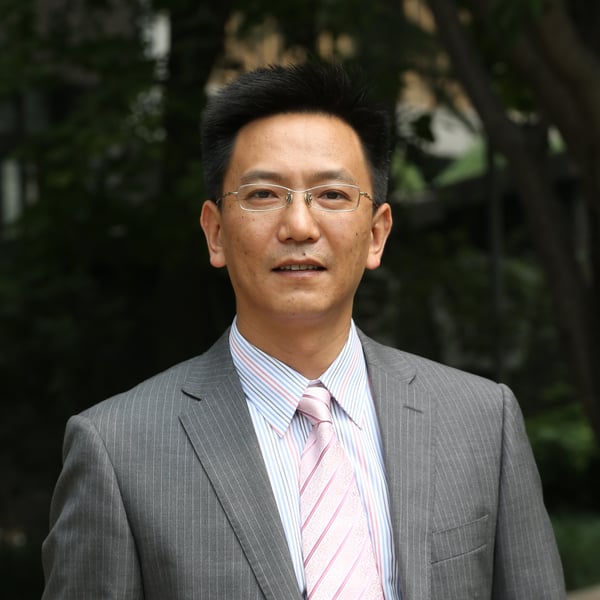
Xie Tao is professor and dean of the School of International Relations and Diplomacy at Beijing Foreign Studies University. His research interests include Congress, public opinion, and China-U.S. relations. He has published extensively in both Chinese and English.
He holds a PhD in political science from Northwestern University (2007). He is the author of U.S.-China Relations: China Policy on Capitol Hill (Routledge 2009) and Living with the Dragon: How the American Public Views the Rise of China (with Benjamin I. Page, Columbia University Press, 2010). He has also published several articles in the Journal of Contemporary China, including “What Affects China’s National Image? A Cross-national Study of Public Opinion” (September 2013). He is a frequent guest at CCTV News, BBC, CNN, Al Jazeera, and China Radio International.
This event is made possible with generous support from the US Embassy in Beijing

China connections
Why should Americans be interested in China? USCET launches China Connections, a new monthly series hosting discussions with experts to explore their work, gain insights into current events, and learn what a career in the China field looks like today. These events highlight individuals with unique expertise on China to provide students, young professionals, and members of the public a deeper understanding of current events and increase American student interest in pursuing a focus on China. These events are mostly held in person at George Washington University with online engagement.
